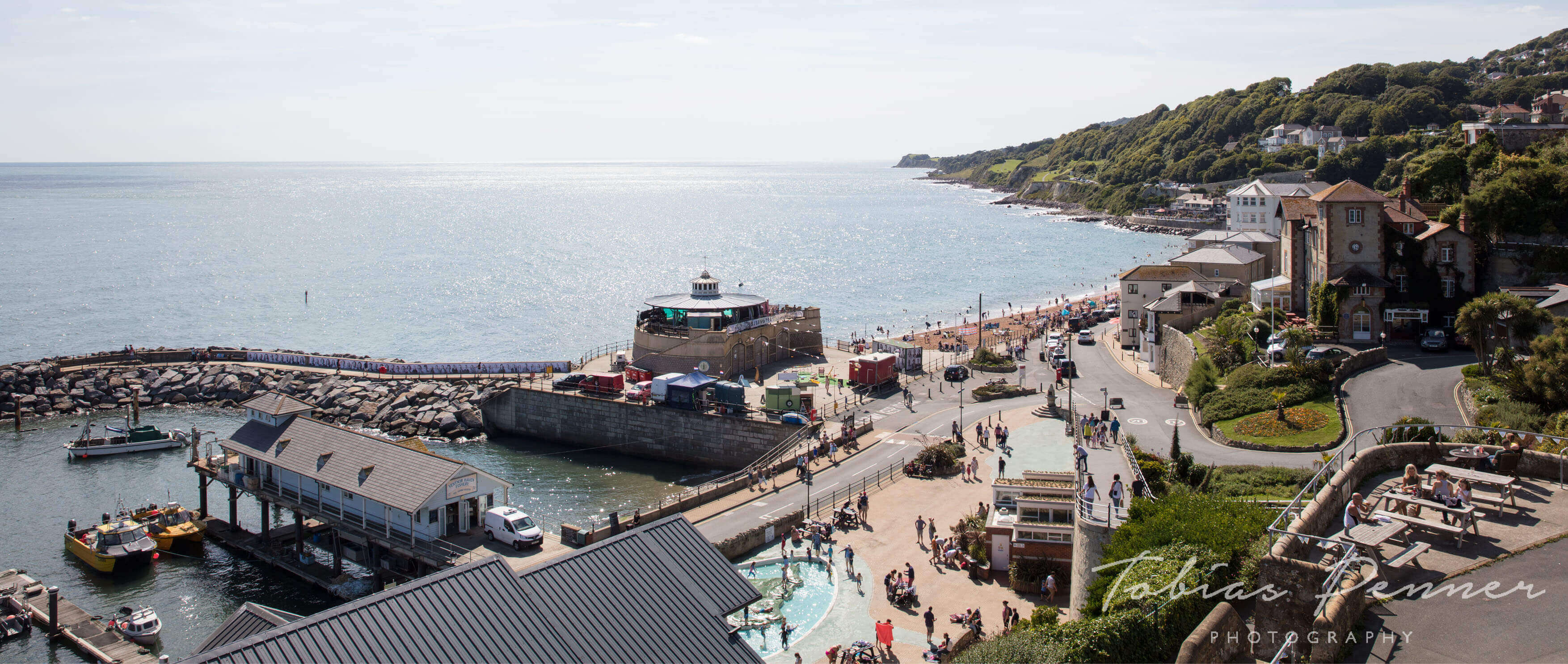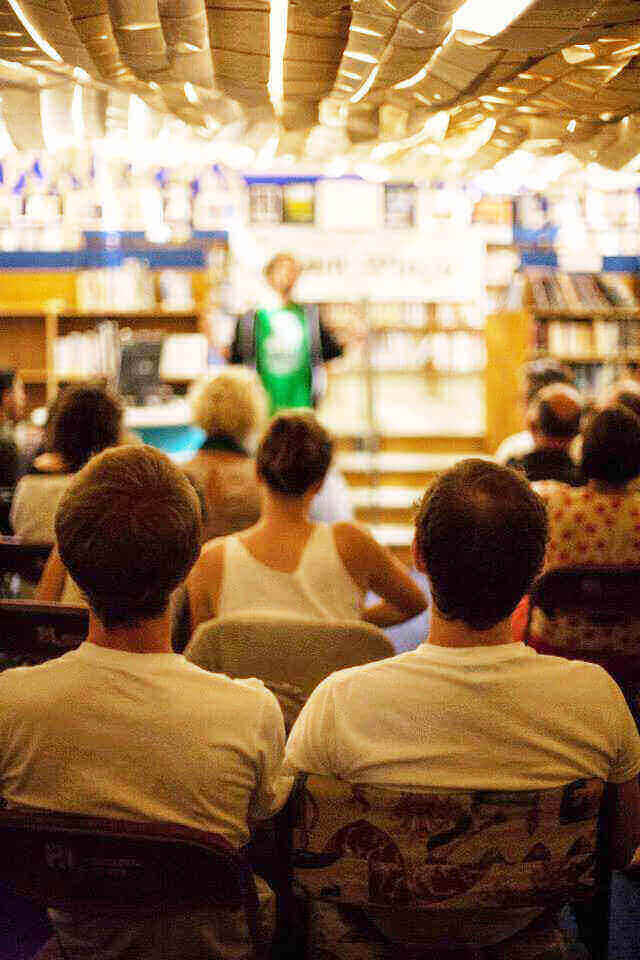Our first creative character interview this week is with Sophie Honeybourne, owner and artist behind Honeybourne Jewellery, with our very own Editor-in-Chief, Catriona Macaulay.
So to start things off – how long have you been making jewellery?
I think it’s over 20 years now, which is really scary! I started when I was 18 alongside studying for my degree in 3D design and during my first year I realised I wasn’t getting taught enough. I wanted to specialize in jewellery so I trained at Theodosia in Newport for 7 years. I had the apprenticeship at the same time as doing my degree.
Where did you do your degree?
I studied at Portsmouth and then did a final two years at the Royal College, followed by a Masters specialising in jewellery. I didn’t know until I was in my second year that jewellery was what I wanted to go into, because I was more fine art based with a love for sculpture, but I struggled with the idea of how to make a living out of art. But then jewellery put it all together; I could make pieces of art for the body.
Well they are like little sculptures when you look at them…
Yeah well, making anything in miniature was a real challenge. I saw a Japanese jewellery exhibition and it just completely sent me down the jewellery path. In this country we have such a rich history in jewellery-making. But at the same time, we’ve got set ways for ‘this is how you enamel’ or ‘this is how you make rings’ whereas the Japanese jewellery exhibition just opened up a whole new possibility that jewellery could be used as sculpture for the body.
Have you ever been to Japan?
No, but I’d love to go! It’s just so out of our comfort zone, it seems like everyone I know that has been says that it’s just so different to our culture.
When did Honeybourne Jewellery come to life?
I graduation from the Royal College and I made my End of Year Exhibition and sold nearly the whole lot which was really a shock.
How many pieces did you have in your exhibition?
It was probably nearly 20 or 25, and from that I gained lots of interest from exhibitions and galleries so it just snowballed! I imagined I’d go travelling or do something in-between, but literally a week after finishing, I graduated, came home and set up in my mum’s shed and started making. Every time I sold some jewellery I bought another tool, so all of these tools are 20 years old [gestures towards her work bench filled with sculpting tools].
It has become a right of passage for people to have a Honeybourne piece; when people graduate, finish Sixth Form or get married – it’s very much, “Have you got your Honeybourne?”. Is this something that you’ve realised?
Thank you, yeah I think working for Theodosia helped. My studies didn’t give you any help in business experience or how to deal with real-life customers or clients. So to have a mix of the two, working for Theodosia with customers and having to design and make for them rather than just being taught at uni.
I’ve been able to make 16th birthday presents, then graduation gifts and in some cases, their engagement and wedding rings then their christening gifts, and it’s been beautiful. You actually see people grow through jewellery. It can be a celebration, it’s a real marked point through their lives and a real honour to do that.
Are all these documented on your social media?
We have a bespoke archive (on the website) and each piece has a little text about what the customer wanted, what we discussed and what the piece became.
We actually just added a subsection on the website about the remembrance pieces, and that’s been really beautiful. So, if people have lost a loved one we can incorporate hair and ashes into the piece so that it’s not just celebrating the good times but also marking really important life moments. That’s been in the last two years and we’ve been working really closely with clients and customer and making something that means the world to them.
How many commissions do you tend to get through a week?
It can really vary, I’d say in a day – there are three of us now – we can do from 5-10 commissions and in the really busy times like Christmas we work 10-12 hours daily to keep up with demand. It can be anything, from really tiny to a massive wedding piece and everything in-between, and each one needs attention and time.
Do you work with any other companies?
When I was on my own I used to exhibit at about 20 galleries around the country and a few major exhibitions but because of the success of the shop which is unbelievable – I always imagined some little open workshop that people could come in and see what I did and they might leave with a pair of earrings – and we were totally blown away by how successful it became.
We’ve done a few collaborations with Sherlockology, which was the fansite for Sherlock Holmes. We made a piece for Steven Moffat and his wife Sue Vertue (directors of Sherlock and Doctor Who) and we stocked their online shop. We’ve done some work for Rockkins, a friend of mine who makes beautiful silk scarves, that was the Kate Moss piece that we made. We’ve worked with Charnwood, I made a miniature wood-burning stove and we’re about to possibly work with another island company but we’re still working on it at the moment so, quite exciting.
Can we ask who it is?
I can’t say right now. You’ll have to keep watching our page.
What is your take on The Ventnor Fringe?
We love the Fringe. I can remember when I got my first email from Jack and he said, ‘Hi, my name is Jack, and I’m at university. We’re looking for unusual spaces and we’d love to use the archway’ and I immediately just said ‘yes definitely, whatever you like; we’ll give you cables, use our electricity’ and we’ve just supported it from day one. It’s so wonderful to see people so passionate coming together, not to mention the unusual and creative people it brings to Ventnor. Just to see that was like ‘Go Jack, go!’ and to see it growing a growing has been amazing. To have Ventnor Exchange as our neighbours is great and we’re wholeheartedly behind it.
Is there anything on the program that you’re really looking forward to this year?
We’re going to see the Parrots and Childhood, so that’s going to be really exciting. I loved last year, seeing Stealing Sheep was brilliant, because I’ve loved them for absolute years so it’s so lovely to see that one amazing band and then find loads of little bits around the Fringe and Rex [Sophie’s son] likes to wonder around.
Will you be taking Rex along to any of the kid-friendly events this year?
Yes! Rex loved Seska, he was brilliant. Rex was sat with his mouth hanging open, he’d never seen anything like it so we’ll definitely be going back to see him.
Thank you to Sophie for speaking to us, you can find the Honeybourne Jewellery website here, and Facebook here.




